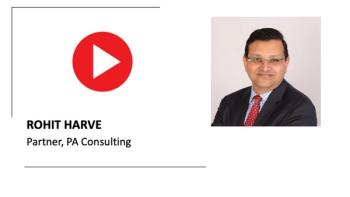
Tariffs could play a big role in what you pay for medical devices, and they may disrupt the entire industry
Todd Shryock is managing editor of Medical Economics.

Tariffs could play a big role in what you pay for medical devices, and they may disrupt the entire industry

Tariffs could play a big role in what you pay for medical devices, and they may disrupt the entire industry

Tariffs could play a big role in what you pay for medical devices, and they may disrupt the entire industry

Tariffs could play a big role in what you pay for medical devices, and they may disrupt the entire industry

Tariffs could play a big role in what you pay for medical devices, and they may disrupt the entire industry

Tariffs could play a big role in what you pay for medical devices, and they may disrupt the entire industry

Technology and AI offerings for doctors are exploding. Should you integrate more tech into your practice?

Technology and AI offerings for doctors are exploding. Should you integrate more tech into your practice?

Technology and AI offerings for doctors are exploding. Should you integrate more tech into your practice?

There are many risks practices face, but the right strategies can help minimize them.

Tariffs could play a big role in what you pay for medical devices, and they may disrupt the entire industry

Technology and AI offerings for doctors are exploding. Should you integrate more tech into your practice?

Technology and AI offerings for doctors are exploding. Should you integrate more tech into your practice?

Technology and AI offerings for doctors are exploding. Should you integrate more tech into your practice?

There are reviews all over the web for doctors, both primary care and specialists. How much weight do they really carry?
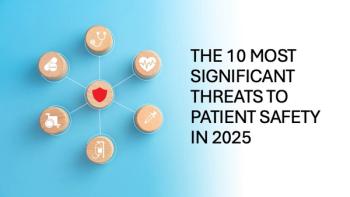
The threats emerge from almost every aspect of the health care system.

South Korean researchers find that AI-assisted mammography interpretation significantly improves breast cancer detection rates without increasing recall rates

Company adds ability to analyze tables, charts and diagrams
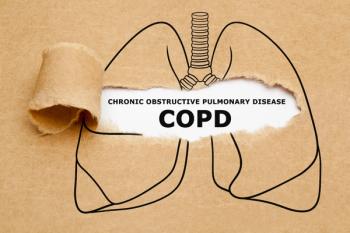
Undertreated depression and anxiety may be making patient COPD symptoms worse
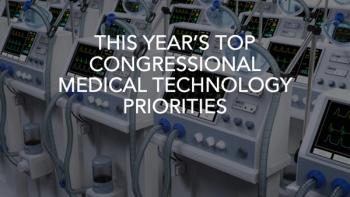
AdvaMed, the Advanced Medical Technology Association, the trade group for medical device manufacturers, released a list of priorities for Congress. Here are some of the key objectives.

Study found a link between frequently missing school and suffering from more serious GI disorders
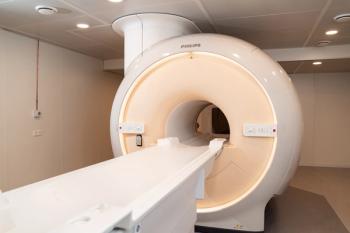
Philips SmartSpeed Precise aims for faster scan times and improved diagnostic image quality across the company’s devices.
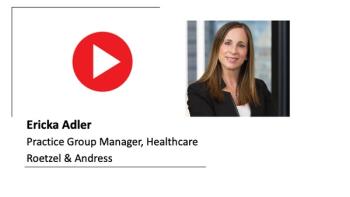
What you need to know when selling a practice

What you need to know about selling a practice

What you need to know about selling your practice

What you need to know about selling a practice

What you need to know about selling your practice

What you need to know about selling a practice

What you need to know about selling your practice

What you need to know about selling a practice